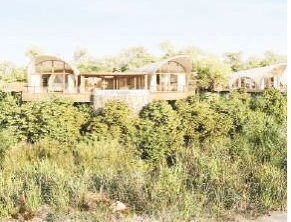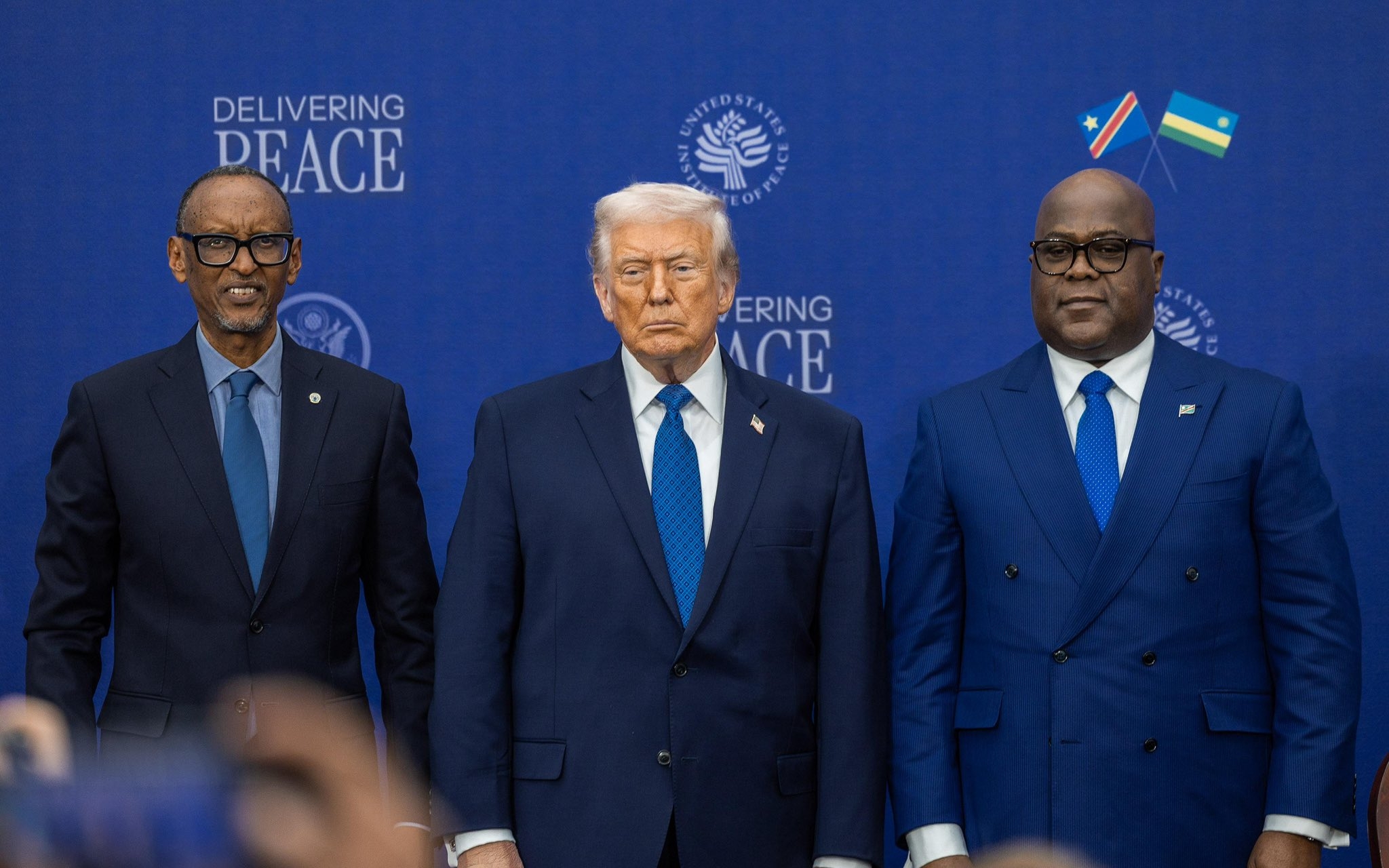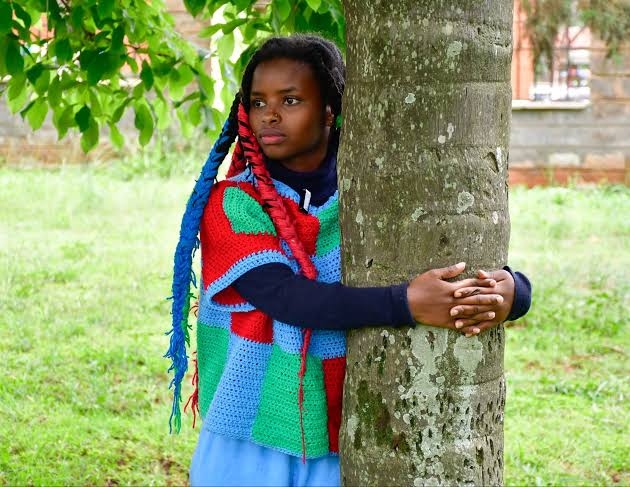Kenyan security officers fighting gangs in Haiti have been joined by soldiers from the Bahamas.
They come even as more countries join the Multinational Security Support Mission to restore order in the Caribbean country.
Kenya leads the mission, which is supposed to have 2,900 personnel.
Kenya now has 400 police on the ground and 600 more are coming. Bangladesh, Barbados, Benin and Chad are sending personnel.
The United States, the UK, Canada, the EU, the World Bank, Japan and many other countries have pledged or contributed more than $2.4 billion.
A plane carrying advance team of six Royal Bahamas Defence Forces landed at Louverture Toussaint International Airport last Friday and was received by local commanders.
They were welcomed by Col Kevron Henry, MSS Deputy Force Commander; Julian Smith, the Bahamas charge d’aff aires; and senior members from the Bahamas Consulate in Haiti. Senior Haitian police officers welcomed the Bahamian troops.
Col Kevron expressed optimism about more contributing countries deploying to MSS soon.
He reiterated MSS commitment in ensuring that the gangs must be defeated for the people of Haiti to enjoy peace.
He thanked the Haitian National Police for the good working relationship that has pacified many areas and promised that MSS shall sustain patrols and operations as they await more equipment and personnel from other countries.
Smith said the Bahamas was joining the bigger family of MSS, where they will provide operational support and build the capacity of the Haitian National Police to counter gangs.
The advance team of RBDF personnel has trained with Caribbean Community and Joint Task Force. The soldiers are expected to synergise with the MSS contingents from Kenya, Jamaica and Belize already on the ground.
Subsequent deployments from the Bahamas will be arriving in the coming months, officials said.
The Bahamas plans to deploy 150 RBDF. The Bahamas are bringing special expertise in maritime patrols, where they will lead continuous and coordinated maritime patrols in Haitian territorial waters to deter and counter threats to maritime security.
They will also spearhead port security by ensuring the safety and functionality of strategic ports in Haiti, facilitating humanitarian aid, economic development and political stability.
Additionally, the Bahamas will spearhead the blocking of illegal migration by implementing measures to prevent it, ensuring the safety of Haitian citizens and preventing human trafficking and unsafe sea journeys.
As a force multiplier to the MSS, the Bahamas will take lead in countering illicit trafficking by disrupting and deterring trafficking in narcotics, weapons and contraband.
RBDF, as a Caricom counterpart, will collaborate closely with the Caricom Joint Task Force and international partners to enhance maritime security and counter-trafficking.
The Bahamas is the fourth country to deploy to MSSM with other contributing countries expected to do so by the end of this year to complete the current deployment phase.
Residents have praised the arrival of the Bahamas but called upon the remaining countries to deploy promptly.
More than 700,000 Haitians have
fled their homes and more than five
million are going hungry, nearly half
the population, the UN said.

















